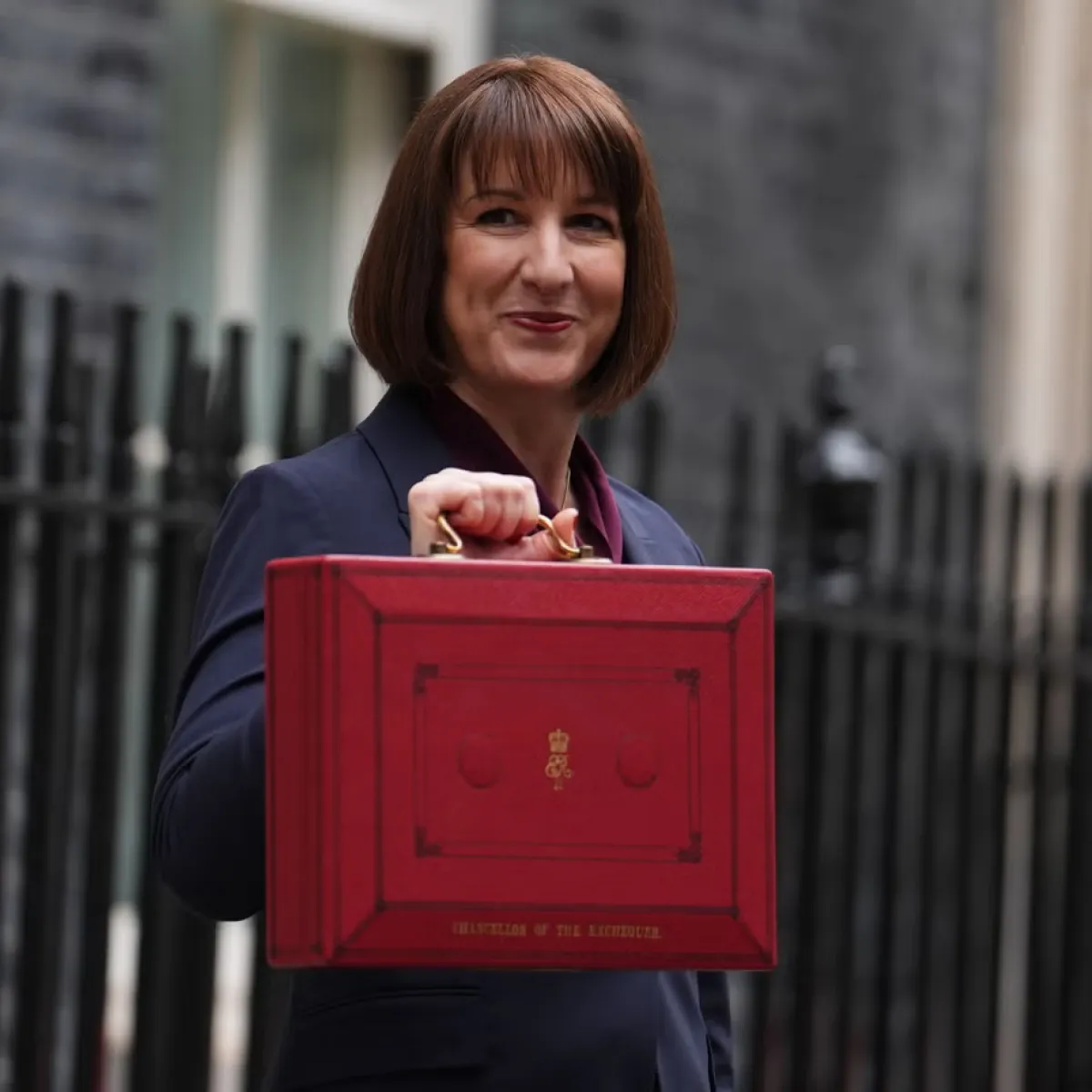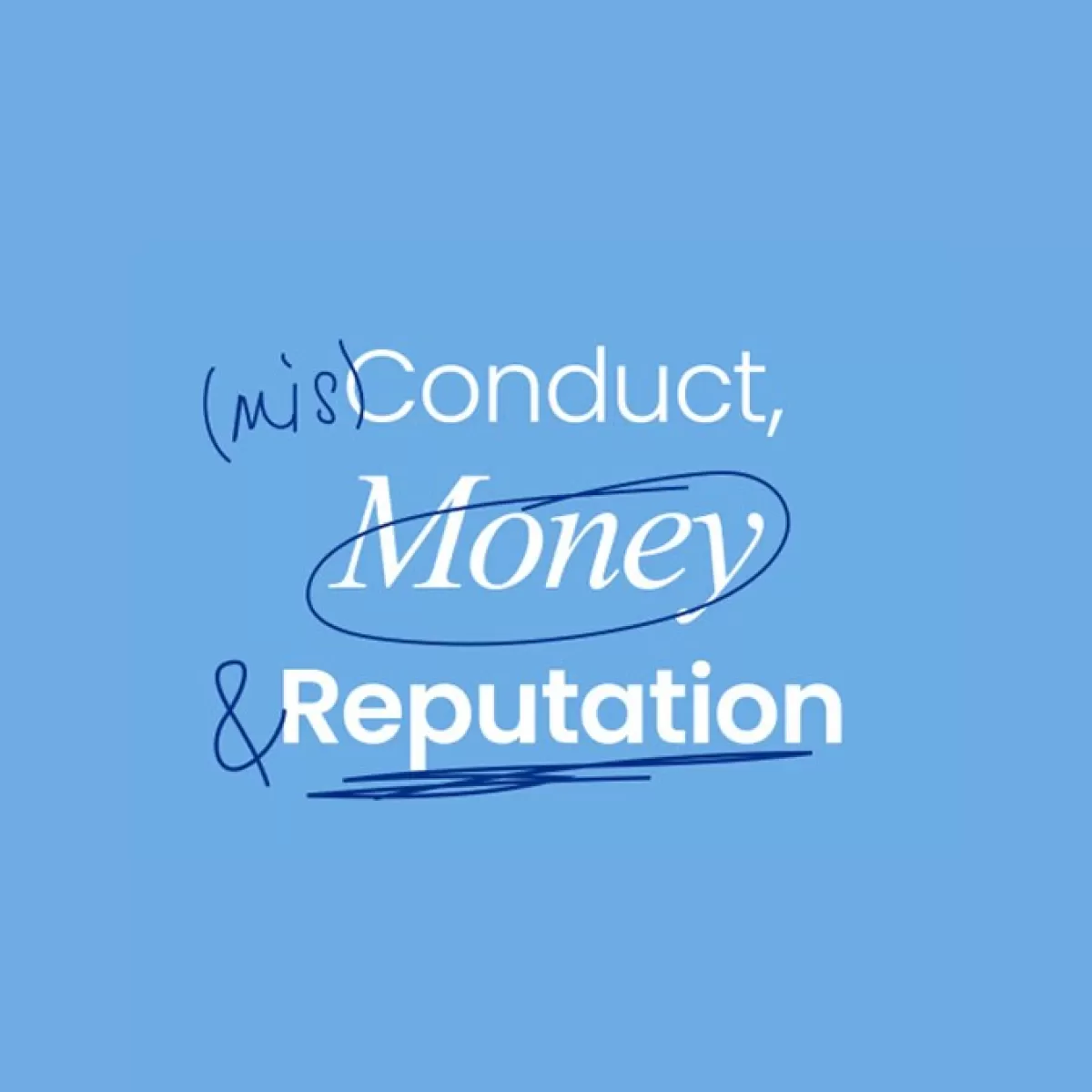This website uses cookies. Learn more
Have you had a crisis recently?
Without trivialising anyone’s answer the likelihood is that many of us will have had an incident, or issue, or problem, that whatever the proportions of ‘it’ could easily or sloppily be summarised as a kind of crisis.
Yes, really. Finding the dog has really ate the kids homework, or that Sainsbury’s has run out of a favourite foodstuff is not the ingredient of a crisis, however serious at the time. But many of us, commentators included, appear currently satisfied that the word crisis properly encapsulates our sense of lacking when faced with such issues. For that is what they are – issues.
In the last century, crisis-talk sprawled everywhere.
Remember if you can what was going to happen at midnight of 1999? Armageddon, allegedly, though it did not happen. So random was the invocation of crisis, so omnipresent was its appearance eg a ‘crisis of self-confidence’, ‘my mini-crisis’ etc that it threatened to lose even the modicum of meaning it once had.
My contention in this century where the world faces today’s crises, is that we need to recalibrate our take on problems that are surmountable issues, not crises.
My concern
is that we risk becoming crisis blasé with the notion that ‘someone’ will sort out a real issue that has become a crisis, even if that issue affects many and for which we may have some responsibility. Quite simply I would argue we always need to have a sense of individual self-responsibility and regard for all in society, irrespective of direct involvement. The consequences of crises – human tragedy, environmental damage, extreme turbulence – wherever they are, are important for us all to heed.
We are in the middle of a global crisis.
Unexpected and apparently unforeseen, although perversely forecast, the pandemic embodies everything that is true of a crisis. And yet some responses initially were slow to recognise the ingredients of this crisis: whatever you planned for is nothing compared with what you need to do. Governments found this; health services know this. The scientific response has been extraordinary, so too has human endeavour. And while the UK’s progress is encouraging, other parts of the world struggle as the crisis engulfs their capacity to overcome it.
Contrast this with another major issue in Europe of the last few years
The UK withdrawal from the EU – which has lazily in my opinion been cited as a crisis. The planned separation did of course have elements that were only agreed at the last minute but the reaction to some of the border and trade issues has misrepresented the problem. It was always going to be difficult, but hindsight is a remarkable thing. ‘I didn’t expect the volume of paperwork’ we hear people say. Well, hello, you probably knew but had not really understood the full implications, but you do now. As one Minister said it is a problem that will probably get worse before it gets better. And it has, but it is a problem that was planned for, but it would appear with not all the scenarios being as fully explored as they should have been.
But even Brexit has been put into the shade by the latest sporting ‘crisis’
The European Super League – which uniquely has brought together all sides in condemnation. Again this is a development focused around, broadly, naked ambition among some clubs. The only characteristic this issue has with some crises is that it blew-up quickly, and as quickly disappeared. It is not resolved but the most aggrieved audience – football fans – will ensure the problem has legs as they battle with football club owners over that most precious commodity, the soul of their football club.
Three examples, one true crisis.
But three examples where the reaction from affected parties is so different. A temporary interruption of foodstuffs from Europe is not a personal crisis, it is a consequence of political decision making.
Fanning the flames of ‘this issue really is a crisis’ brigade are the social platforms. But they are only a platform for opinion, and while some are taking their editorial responsibilities seriously it is individual self-responsibility that really matters but seemingly is not always applied. For every issue posing as a crisis communicated through such channels, and added to and commented upon, there is always a ‘crisis expert’ with the answers, often more wrong than right.
Social and mainstream media depiction of these issues is not the fundamental problem though, but they confuse it (and ergo some of us involved) by providing a fictionalised account.
In the 1970’s the then Prime Minister James Callaghan in respect of UK economic problems at the time did not say ‘crisis? what crisis?’ in response to questions, the Sun newspaper did. But the phrase became synonymous with him, and stuck. Today’s example surrounds matters of trust, and decorations, but it is most certainly not a crisis even if there are serious issues to be addressed.
In respect of my concern expressed earlier, those involved in providing help, advice, and services on crises are not the audience here, though they do have a healthy self-interest. If the perception is that everything can be a crisis, then we can be inured to how we respond and may not always be prepared to act effectively when faced with real ones.
We cannot afford crisis complacency.
The reality of the significant threats in the world that we know, and have plans for, like the climate crisis will almost certainly be joined by ones that we do not know – like more pandemics – and will not understand the full implications until they have hit.
As Winston Churchill said, ‘never let a good crisis go to waste.’ In my book this means taking the approach to, responses to, and the handling of crises as seriously as ever.
_
Further Support:
Issues & Crisis Management
Review, Respond, Recover
Stay in the loop with our experts




New Business: to find out how we can help you, contact our dedicated new businesss team consultancy@lansons.com
Careers: we’d love to hear from you, please visit our careers hub











